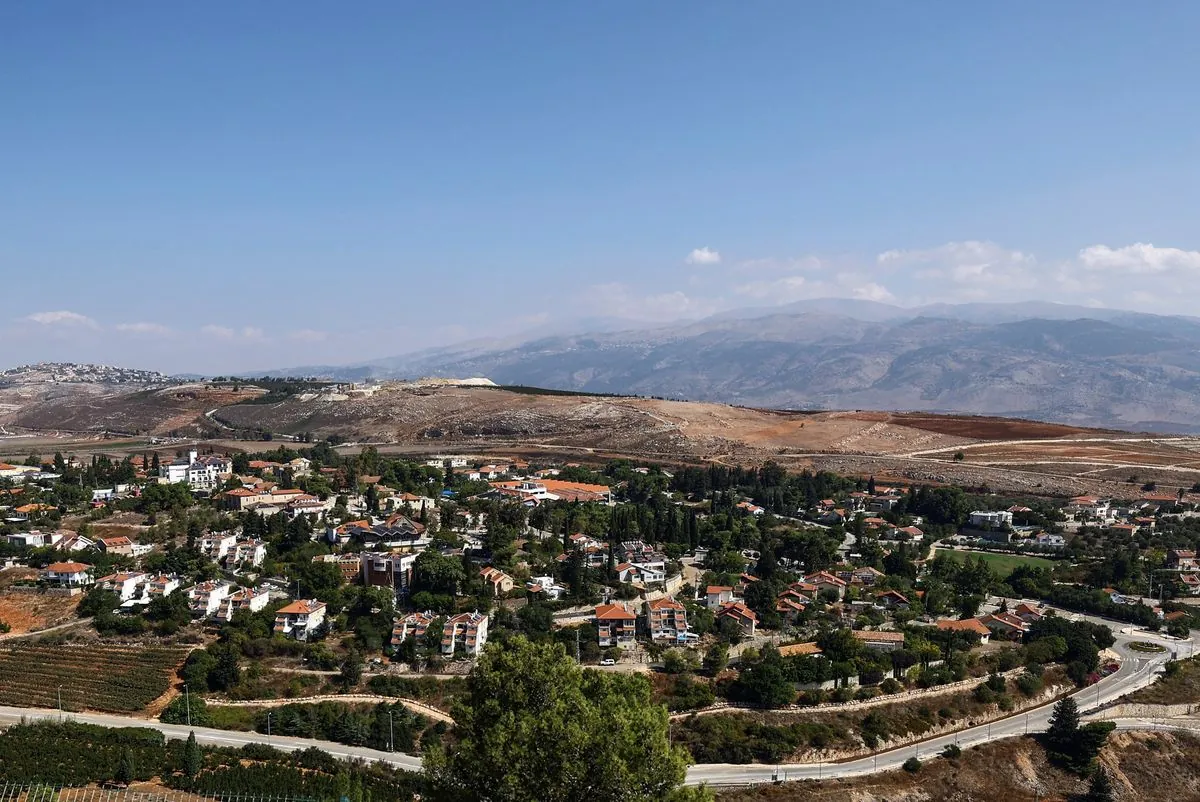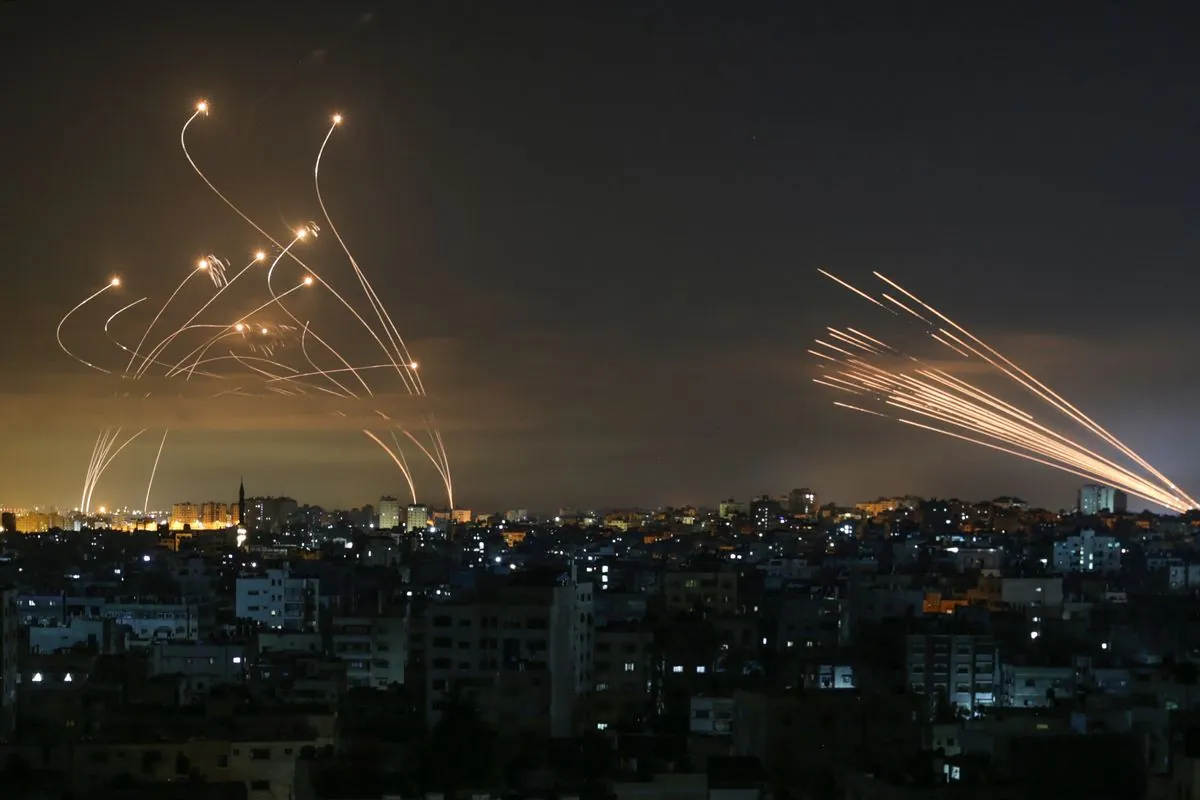Israeli Border Residents Divided on Escalating Conflict with Hezbollah
Amid ongoing rocket exchanges, some Israelis near the Lebanon border support military action against Hezbollah, while others hope for a peaceful resolution. The situation highlights the complex challenges facing border communities.

In the wake of escalating tensions between Israel and Hezbollah, residents of Israel's northern border communities find themselves at the epicenter of a complex and volatile situation. The conflict, which has intensified over the past year, has led to the evacuation of approximately 67,500 Israelis from the region, according to the Taub Center, an independent socioeconomic research institute based in Jerusalem.
The town of Shlomi, located near the Lebanese border, exemplifies the challenges faced by these communities. Shelly Liss Barkan, a 60-year-old schoolteacher, is among the 300 residents who have chosen to remain in Shlomi despite evacuation orders. She expressed frustration with the ongoing situation, stating, "I think the Israeli army until now has been too patient."
The recent escalation has resulted in significant casualties on both sides. On September 23, 2024, Israel conducted airstrikes on Lebanon, resulting in numerous fatalities and injuries. In response, Hezbollah, a Shi'a Islamist political party and militant group founded in 1982, has increased its rocket attacks on Israeli territory.
The Israeli government, led by Prime Minister Benjamin Netanyahu, has added the safe return of northern evacuees as a declared aim of the war, alongside its objectives in Gaza. This decision highlights the strategic importance of the border region and the impact of the conflict on civilian populations.
The situation has drawn comparisons to the 2006 Lebanon War, which lasted 34 days and resulted in significant casualties and displacement. Since then, Israel has developed its Iron Dome air defense system, while Hezbollah has reportedly enhanced its arsenal with support from Iran.

The ongoing conflict has had a profound impact on daily life in border communities. Limor Zinor, a 49-year-old resident of Shlomi who recently returned after being evacuated, expressed support for military action, stating, "I hope there will be [a war]. So there is quiet."
However, not all residents share this sentiment. The prolonged displacement and uncertainty have taken a toll on many families. Annabelle Wagner, 42, who returns to Shlomi periodically with her husband, noted that their young children "are afraid" to come back permanently.
The Upper Galilee Regional Council has established a fortified emergency center to monitor and respond to threats. Dana Moran Ravid, who works at the center, emphasized the need for long-term security measures, stating, "There needs to be security all the time, not just the day they come back."
As the situation continues to evolve, the future remains uncertain for the residents of Israel's northern border communities. The complex geopolitical landscape, including factors such as the Blue Line border demarcation and the presence of the United Nations Interim Force in Lebanon (UNIFIL), adds layers of complexity to potential resolutions.
"The government is neglecting those people. The army, the [Israel Defense Forces], are not giving us what they should give, which is full security."
The ongoing conflict underscores the challenges faced by communities in border regions, where the lines between civilian life and geopolitical tensions are often blurred. As residents grapple with the prospect of further escalation or potential diplomatic solutions, the situation remains a testament to the enduring impact of regional conflicts on everyday lives.


































